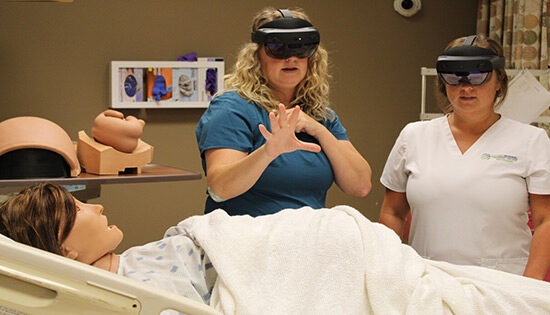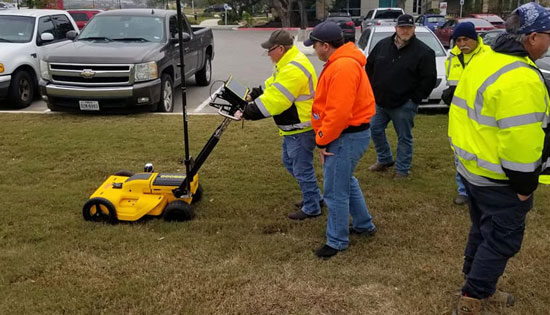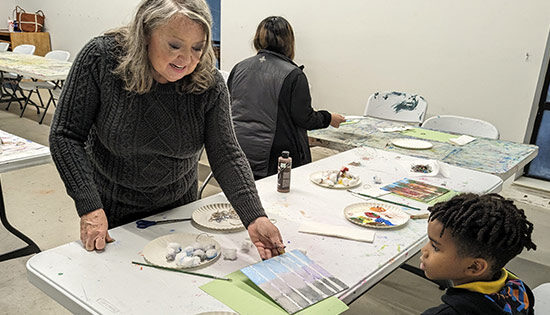By Robert Lambert | Valdosta Today Contributor
When a friend or loved one is diagnosed with Alzheimer’s disease, you may not know how to treat them. Here are some tips for navigating around symptoms, so you can enjoy your time together.
●There is no point debating a faulty fact or memory. The person with dementia truly believes the statement, so arguing will probably cause only conflict and stress. And even if the patient acquiesces, he or she almost certainly will not recall doing so.
●Embrace their reality. The disease is going to give the patient a view of the past — and even the present — that is different from yours. These people have forgotten who has passed away, they aren’t sure what year it is, etc. So if someone with dementia says, “When can we go see my mom?” and you know that the mother is dead, you would not say, “Your mother is dead.” You could instead say, “Let’s go tomorrow” and move on to another subject. The goal here is not truth but finding a way to avoid upsetting the person.
●Don’t give a lot of instructions, but do ask the patient to help. Everyone wants to be helpful. The word “help” is key. Can you help me set the table? Or fold the laundry? Everyone wants to feel productive.
●Reintroduce yourself every time you enter the room. You do not want to assume that the patient knows you, especially if you’re not a family member or close friend. But even relatives should expect this to be necessary as the disease progresses. You don’t want to scare someone with dementia by suddenly appearing at the person’s side. You’ll want to approach from the front so that the patient can see, hear and understand you best.
●Do not quiz. Asking such things as “Do you remember what you had for breakfast?”, “When’s your birthday?” and “Don’t you remember my name?” can be very upsetting for someone who cannot remember. Instead, offer gentle reminders: “The eggs you had for breakfast seemed good.” “Look who’s here: It’s your grandson James.” Choose simple words, and use a calm voice.
●Don’t act upset in front of the person if he or she doesn’t recognize you or says something that doesn’t make sense, and don’t talk as if the patient isn’t there.
●Minimize distractions (turn off the television or radio if that won’t upset them) to help them focus on interacting.
●Make eye contact when speaking, and call the person by name, making sure you has his or her attention before you start to talk. Allow time for a response — sometimes it can take a while — and try not to interrupt when the patient is speaking. (Reference: Rockwell/The Washington Post- May 2016)
Give us a call today at 229-292-8989 to find out more information about our innovative approach to Elder law, Asset Protection, Estate, Medicaid and Life Care Planning. We have free information brochures, and offer free seminars on this subject. Lambert Elder Care Law is located at 108 E. North Street, Valdosta, GA. Give us a call or visit our website at www.legaladviceforseniors.com.











